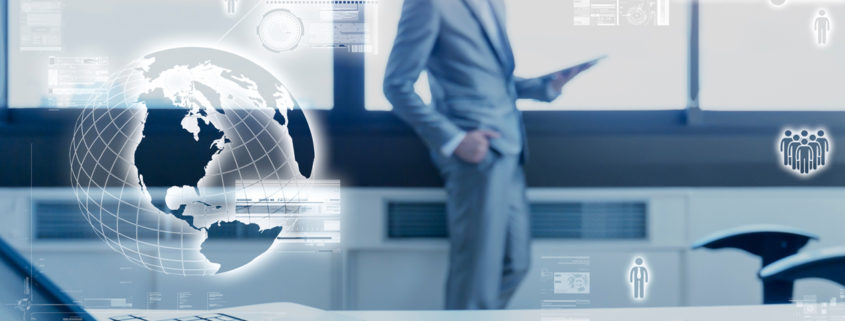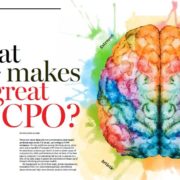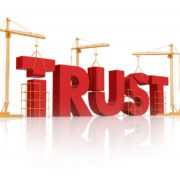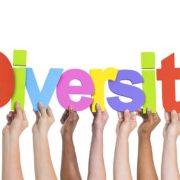The Workplace of 2020 : A Different Experience Altogether
In the course of the next few years, the workforce will be comprised of no less than five generations, starting from Traditionalists and Baby Boomers and ending with the all new “Generation 2020” – these being represented by people born after 1997. Given this situation, employers around the world will face numerous challenges in order to recruit, motivate and develop all of these different types of employees. It is believed that by 2020, the office will become mobile in order to accommodate employees worldwide. The best talents will claim imaginative, ingenious new contracts. Organisations unwilling or unable to provide such a shift in their business will suffer greatly in their mission of recruiting the best candidates.
HR departments face an uphill battle in preparing for 2020 and beyond. Large corporations are required to organise themselves globally in order to deal appropriately with employees, consumers, supply chain partners and shareholders who are dispersed worldwide. CSR(Corporate Social Responsibility) is on top of their list, followed closely by learning in terms of wikis, social media and blogs in order to extend their connectivity. Companies must adopt a series of changes ranging from operating processes to employee benefits – and everything must be done with complete transparency.
HR professionals are people too; hence they must continue to develop their skills and social awareness. They should know what is going on in their local communities, and understand its nuances, be aware of global issues and be open-minded in order to use new procedures such as crowd sourcing. By 2020, HR professionals should be proficient in everything digital and here is a list of a few things worth mentioning: video uploads, social networking, blogs, instant messaging, tagging etc.
The example given above isn’t the only change employers will have to face. By 2020, there will be 10 forces that will shape how employers think and act:
- ”Shifting workforce demographics” –In comparison to the 2010 workforce data, the predictions for 2020 show that US employees will comprise of even more people older than 55, more women and more Latinos. In Europe and Asia for example, due to a drop in fertility rates, the workforce will consist of even more aging individuals.
- “The knowledge economy” –As mentioned in a previous article, the skill gap has started to represent a problem and will continue to be one in the foreseeable future. Work is becoming more technically demanding, and it will require skills such as: listening, relationship building, judgement, communicating with colleagues and problem solving.
- “Globalisation” –For various reasons, a great number of companies included in the Financial Times Global 500, have their headquarters located in the following countries: Brazil, Russia, India or China. In just a few short years, the BRIC countries are said to become economic powerhouses. The workforce is becoming ‘virtual’, with less people on-site and with integrated headquarters operations.
- “The digital workplace” – The digital space is growing at an increasingly high rate. Companies now require people who can cope with the sheer amount of information, whilst keeping it secure and private. Organisations are also looking for candidates who can generate new and exciting digital content.
- “The omnipresence of mobile technology” –At a global scale, the number of mobile phones outnumber that of people. Consequently, there are countries where phones trump people.There are over 7,200 education apps already for the iPhone, some of them made by financial institutions, such as Wachovia and Bank of America, who use them for online performance support, sales training, product knowledge and sales training.
- “The culture of connectivity” –Given the fact that we are always a few clicks away from social media, most people have become ‘ hyper connected’ and that is disrupting the balance and boundaries between home and office.
- “Participation society” –Consumers are getting involved in improving any type of product, service and business. An example would be Best Buy’s Blue Shirt Nation, which amasses 24,000 employee users. They have gathered online via various social networks, in order to improve company operations.
- “Social learning decade” –The period of time between 2010 and 2020 will become known as the time of ‘social networking, social learning and social media’.
- “Corporate social responsibility” –By 2020, CSR will have become even more important than it is today. At present, 88% of people graduating university wish to work for companies that have CSR ideals complementary to their own. A great example for this is IBM’s Corporate Service Corps. They place members of their staff to work on CSR projects in developing countries where the organisation is expected to grow within the next years.
- “Millennials in the workforce” – This group of people expect companies to use the same tools they have been using since they’ve become digitally active. Technology dominates every aspect of their lives and it comes as no surprise that 41% of millennials choose to communicate electronically at the office rather than on the phone or face to face. Millennials tend to use their own technology in the office and 75% of them think that access to technology makes them more efficient workers. Nonetheless, technology can be problematic and lead to inter-generational conflict in the workplace. This tension makes millennials feel held back by outdated working styles.
Finding the right talent, the best fit for the job and your organisation, can be a very challenging task. It requires deep knowledge of your own organisation’s culture and keen understanding of the candidate’s personality, strengths, interests, work style and other characteristics. Our technology and solutions will do the work for you, helping you find employees who can flourish and reach the highest performance required to constantly bring your company forward.
Request a free demo:
Sources:
“The 2020 Workplace” – Jeanne C. Meister and Karie Willyerd
Forbes.com












